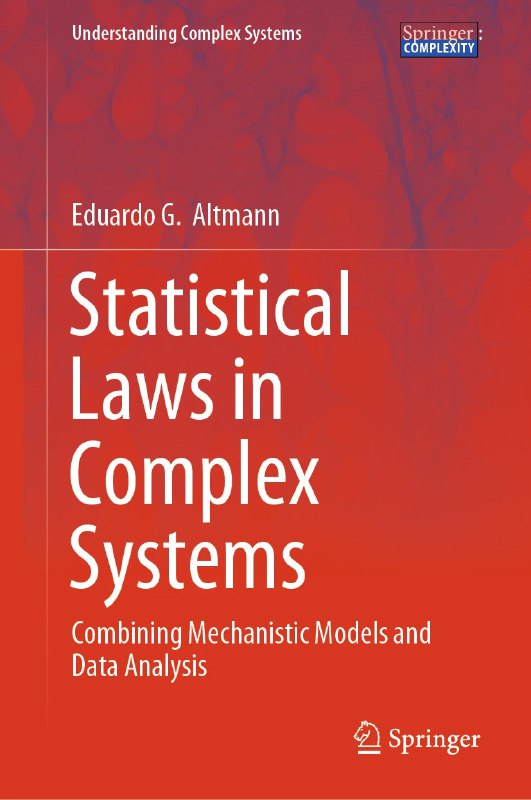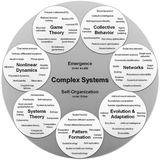group-telegram.com/ComplexSys/5809
Last Update:
Statistical Laws in Complex Systems
Statistical laws describe regular patterns observed in diverse scientific domains, ranging from the magnitude of earthquakes (Gutenberg-Richter law) and metabolic rates in organisms (Kleiber's law), to the frequency distribution of words in texts (Zipf's and Herdan-Heaps' laws), and productivity metrics of cities (urban scaling laws). The origins of these laws, their empirical validity, and the insights they provide into underlying systems have been subjects of scientific inquiry for centuries. This monograph provides an unifying approach to the study of statistical laws, critically evaluating their role in the theoretical understanding of complex systems and the different data-analysis methods used to evaluate them. Through a historical review and a unified analysis, we uncover that the persistent controversies on the validity of statistical laws are predominantly rooted not in novel empirical findings but in the discordance among data-analysis techniques, mechanistic models, and the interpretations of statistical laws. Starting with simple examples and progressing to more advanced time-series and statistical methods, this monograph and its accompanying repository provide comprehensive material for researchers interested in analyzing data, testing and comparing different laws, and interpreting results in both existing and new datasets.
https://arxiv.org/abs/2407.19874
BY Complex Systems Studies

Share with your friend now:
group-telegram.com/ComplexSys/5809
